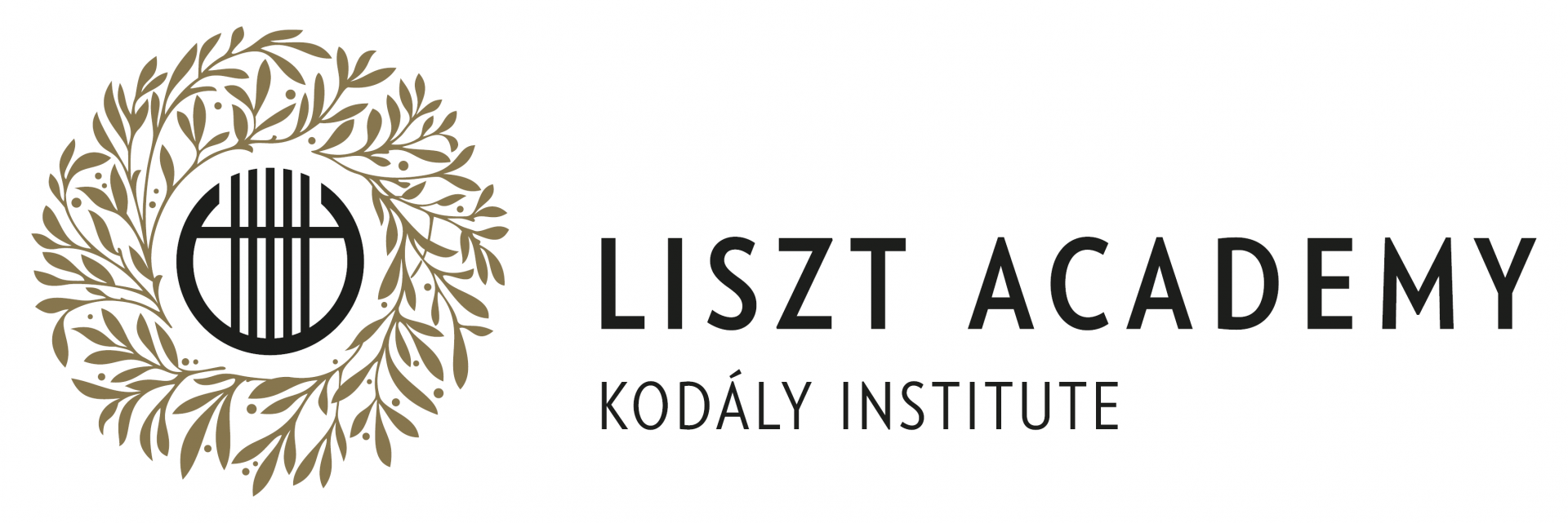EU awards excellent qualification to the Kodály HUB Project led by the Liszt Academy
Kodály HUB, established to develop innovative methods in music education, became the first Hungarian-led higher education Erasmus project to be awarded “Good Practice” and “Success Story” qualifications. The initiative, led by the Liszt Academy of Music in collaboration with prestigious Scottish and Dutch partner institutions, is gaining recognition in more and more countries.
The European Union’s recently completed Erasmus+ Strategic Partnership project, led by the Liszt Academy of Music in cooperation with the Scottish and The Hague Royal Academy of Music, resulted in the launch of the Kodály HUB, a free online music education knowledge centre.
The English-language version, available on the kodalyhub.com site for close to six months, helps music teachers to design more enjoyable lessons that are based on Kodály's principles. The objective is to endear music lessons to students, thereby heightening the personality development impact of music.
Launched in 2016, the project received an outstanding 90 percent rating upon completion and was also awarded “Good Practice” and “Success Story” qualifications, according to the official notification issued by the Tempus Public Foundation, which manages the applications. The latter are bestowed upon projects that bring innovative solutions to their respective sectors and where the commitments undertaken in the project are delivered according to outstanding quality standards. It is rare for an initiative in this area to achieve such results.
The Kodály HUB knowledge centre is a searchable music database allowing teachers to select songs suited for a particular age group, pedagogical purpose, celebratory occasion; teachers can also choose - based on other aspects - songs and accompanying games involving singing that help increase the experiential character of teaching. In addition, users from around the world have access to the most up-to-date methodological materials and films - utilizing the results of methodological research conducted by the Hungarian Academy of Sciences among others - ranging from kindergarten to higher education.
A key objective is to establish a community for education professionals teaching on the basis of the Kodály principles: those who join the network can keep in touch with each other while staying informed about important news and events through an integrated calendar. The evolution of the community can be followed on an engaging map.
In addition to the English, the Hungarian version of the Kodály HUB has been recently made available on the kodalyhub.hu website.
The two-and-a-half-year project has brought together six partner institutions that practice the Kodály principles from three countries: besides the above-mentioned academies, the Scottish and Dutch National Youth Choirs and the Károly Kós Elementary School, the model school of the Kodály Institute, participated in the project. The professional leader of the project was László Norbert Nemes, director of the Kodály Institute.
Registered users have the opportunity to share with the world the music material of their country and their own teaching experiences: the uploaded songs and methodological solutions are monitored by the Kodály Institute of the Liszt Academy. Active users so far come from more than fifty countries and their number exceeds two thousand; most users are Scottish or Dutch, but hundreds of teachers and musicians have already joined from the United States, Australia, Ireland, Portugal, Belgium, China but even from Singapore, the Philippines and Suriname. Out of the nearly one thousand uploaded music tracks, most are in English, Hungarian and Dutch, but Polish, Greek, Hebrew and Chinese songs are also featured in the database.
According to feedback, language teachers have also started using the Kodály HUB given that foreign language songs are excellent tools for teaching languages to children.
As part of the project, a curriculum for tertiary teacher training was also developed to facilitate the training of educators utilizing the new approach in their professional work.


